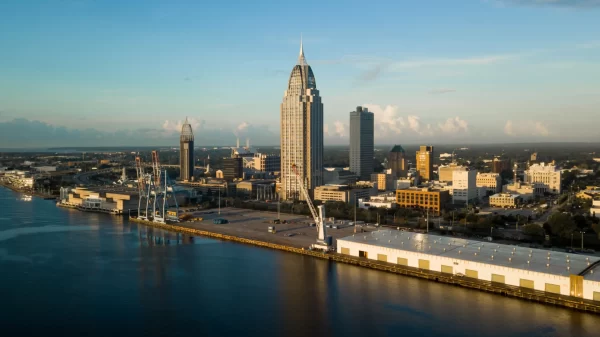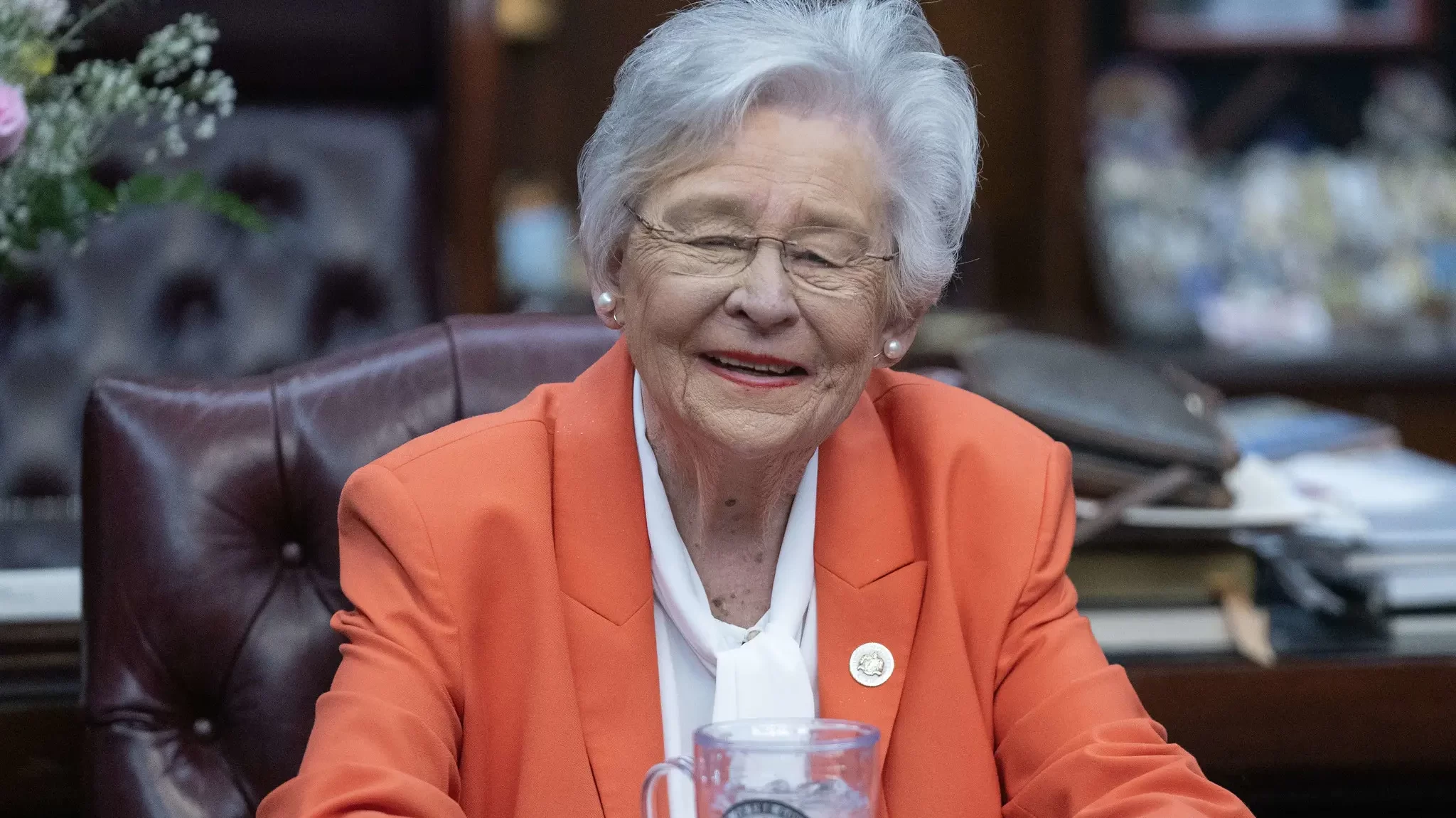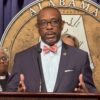In the latest edition of The Advisor, the monthly publication from the Retirement Systems of Alabama, Dr. David Bronner, RSA CEO, lamented the failure of the gambling legislation during the 2024 legislative session. “With exceptional research and dedication, the Alabama House passed legal gaming for Alabama, while the Alabama Senate came within ‘one’ vote of allowing Alabama to vote on this issue,” he noted. Bronner saw the legislation not only as a solution to clean up illegal gambling but also as a vital income stream to propel the state forward.
Bronner continued, “After the one-vote loss in the Senate, the most popular Alabama governor in my lifetime was asked about a Special Session, to which she replied, ‘Why would I do that?'” His answer to Ivey’s rhetorical question is straightforward: “Simply put, because you can accomplish it.”
Bronner is correct on two fronts. First, Gov. Kay Ivey is indeed the most popular governor in modern Alabama history, and she is poised to be remembered as the most successful one, as well. Second, he accurately asserts that Ivey can pass gambling legislation if she deems it a major priority—which it is.
Ivey is a doer, not a talker. When she sets her mind to a task, she is fierce and unrelenting, always focused on the people of Alabama and their future. However, some lawmakers, particularly in the Alabama Senate, have recently treated Ivey as a lame-duck governor, and that is why her outreach to certain senators failed, according to sources within the caucus. There was also widespread speculation that several lawmakers in the upper chamber are more loyal to Lt. Gov. Will Ainsworth, who many see as Ivey’s successor. Ainsworth has taken significant heat for the Senate’s failure to muster the one vote needed to pass the gaming legislation, with claims that he was instrumental in stymieing the bill. Ainsworth’s office has denied such allegations, and there is no concrete proof of his involvement. However, as with all rumors on Goat Hill, persistence remains whether fact or fiction. It is no secret that he is not a proponent of gambling, leading to speculation that Ivey represents the last best chance for gaming legislation before Ainsworth potentially ascends to the governor’s office.
For now, Ainsworth is seen by many as on a glide path to the governor’s mansion. However, if voters are not given a chance to weigh in on gaming before the 2026 elections, he might face an opponent who will run on making an education lottery, cleaning up illegal gaming, and allowing the people to vote a real campaign issue. During the gambling debacle in the Senate, Alabama Agriculture & Industries Commissioner Rick Pate’s name was bantered about by several lawmakers and gaming supporters as an alternative in the next governor’s race.
Does Ivey’s seeming indifferent to calling a special session after the failed vote indicate that she has given up and will leave the issue for the next governor? Anyone familiar with Ivey knows she does not back away from a challenge or pass the buck. She is not done, nor will she rest on her laurels until she passes the baton to her successor—that is not Ivey’s way.
Ivey has accomplished great things for the state, often against the odds and even within her own party. As Bronner points out, “In her first major challenge after taking office, our outstanding governor passed the gas tax against big odds, not a mere one-vote opponent.” Winners don’t quit because of a single defeat.
In his column, Bronner enumerates why the state needs the nearly $1.2 billion in projected gaming revenue. “Alabama needs new revenue,” he wrote. “There have been no meaningful COLAs for RSA retirees in 18 years! There is no affordable healthcare coverage for nearly 200,000 Alabamians, many of whom are employed in low-paying positions. Rural hospitals are dropping like flies! Even great new programs like ‘Working for Alabama’ by Governor Ivey require additional funding for child care and housing to make an impact. We also need to remember that every state agency, from State Police to Mental Health, has been grossly underfunded for decades until the federal arrival of COVID funds, which all states are now losing.”
Gov. Ivey and her staff are acutely aware of these needs, and while gambling revenue is not a panacea, it would be a welcome flow of needed income to bolster the state’s future. Using one of Ivey’s favorite phrases, Bronner concludes, “This needed revenue improvement is ‘no step too high for a high stepper!’”
Ivey needs to gather the top leadership from the House and Senate in a room and hammer out a deal they can agree upon. Then, those leaders must whip their colleagues in line for a successful vote on gaming. As Ivey did with the gas tax, a special session should be called to pass a comprehensive gaming package and send it to the people for an up-or-down vote.
It is not the governor or the legislature that determines gambling in the state; it is the voters who must approve a constitutional amendment. But it is the lawmakers who must present them with an amendment. The future of Alabama hinges on their willingness to act and on Ivey’s grit to finally “Let the people vote.”



















































